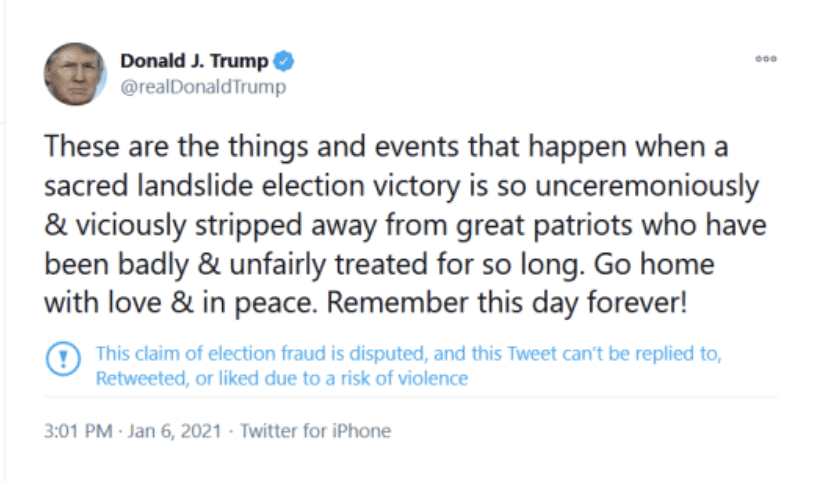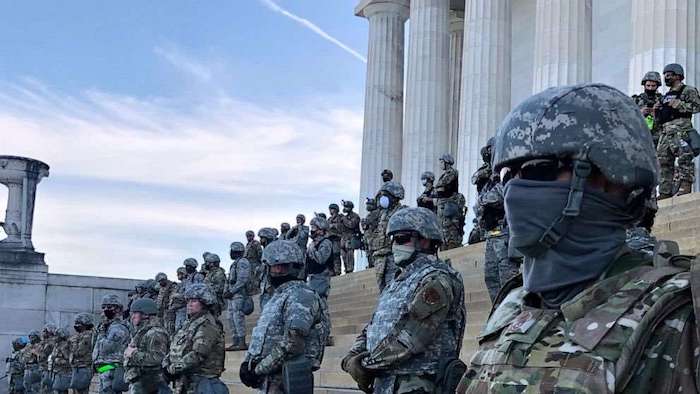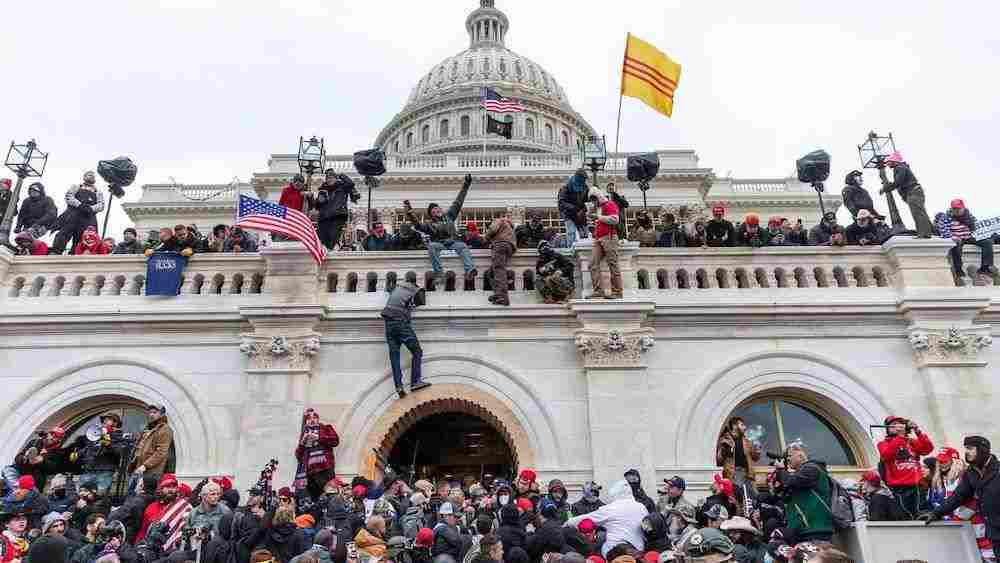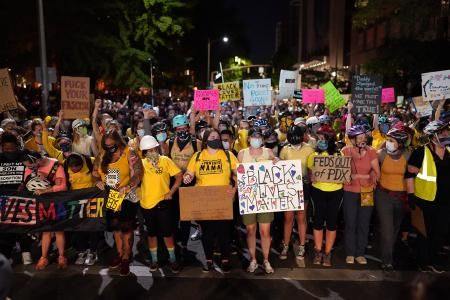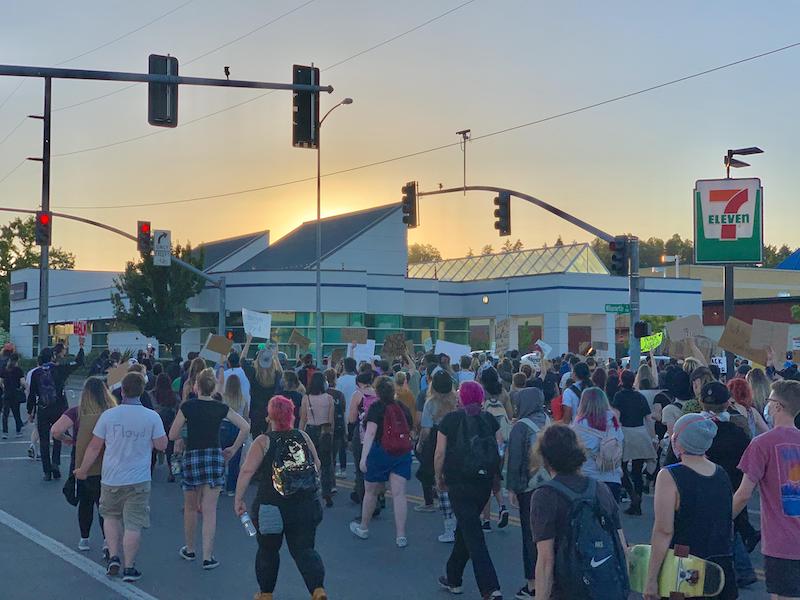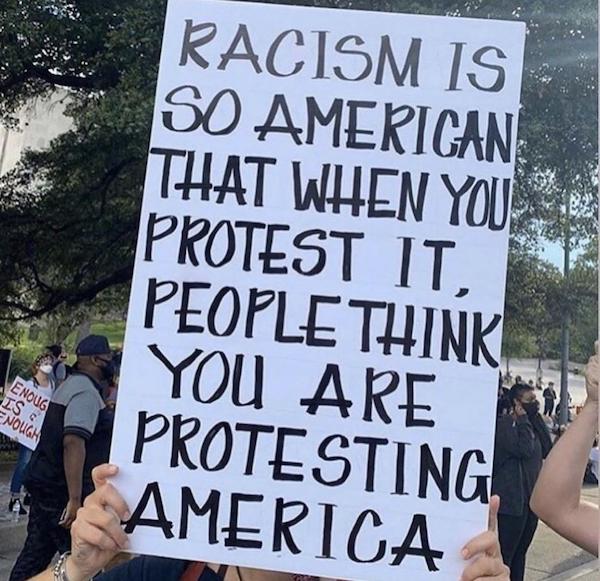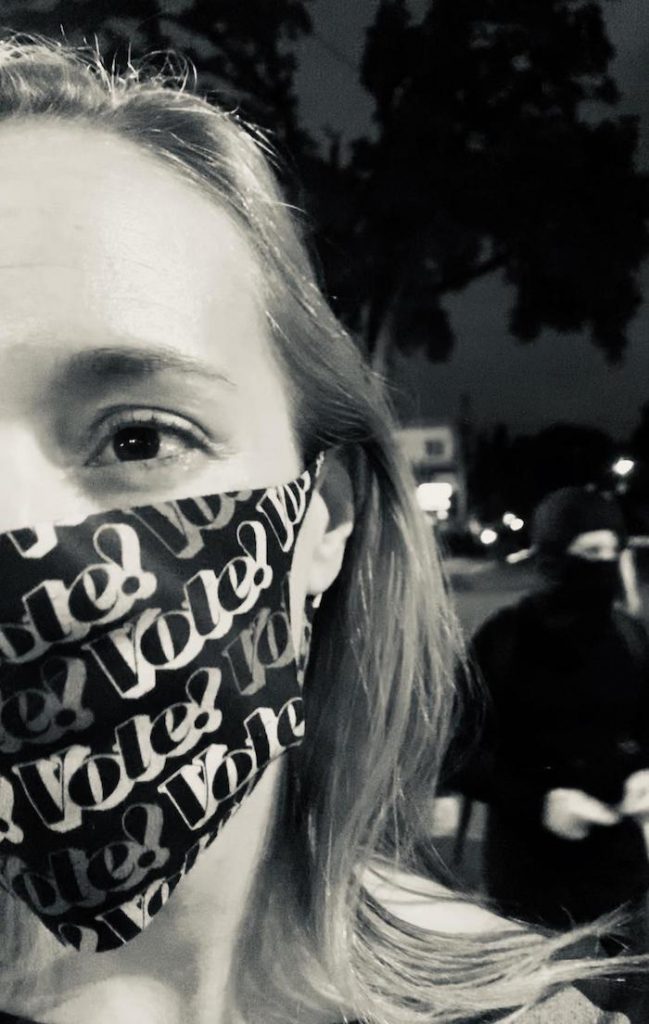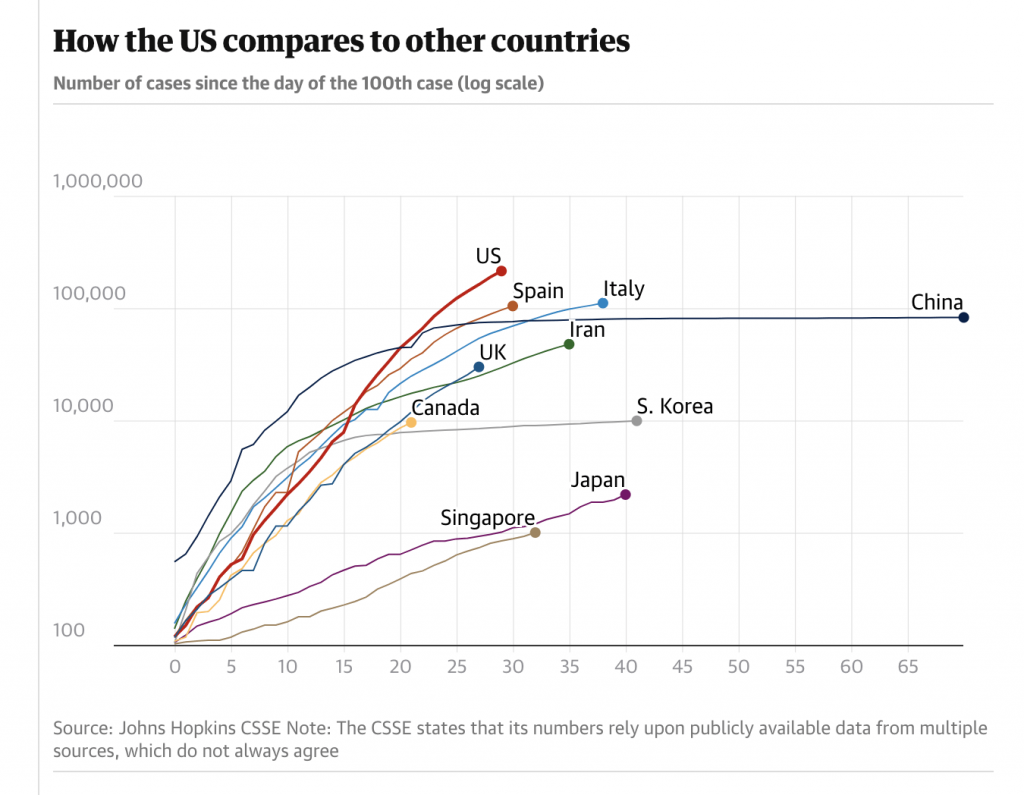Last week, I published a piece decrying the Republican support for Trump’s election fraud lies. The following day, a violent mob of Trump supporters waving confederate and neo-Nazi flags forced their way into the Capitol Building to disrupt the electoral college vote certification.
How will history refer to this disgraceful event? I’ve heard it called simply “The Insurrection,” but that’s a euphemism lacking an agent and cause. Future generations deserve to know exactly who fueled the bloodshed (and why) on January 6, 2021. Some suggestions:
- The MAGA Mob Mutiny
- Trump’s Failed Rebellion
- The False Patriots’ Putsch
- The Racist Republican Riot (RRR)
It’s tempting to say, “We told you so.” For years, progressives have been warning this country about the brutality of Trump’s white supremacist cult. One man in full tactical gear, Eric Munchel, was carrying flex-cuffs to take hostages. Molotov cocktails and pipe bombs were found on the scene. The Trump rioters even had built a gallows with a noose and they chanted “Hang Mike Pence!”—a phrase that also trended on Twitter before being removed. Many were carrying baseball bats, guns, chemical agents, and other weapons.
Five people are dead, including one police officer (Brian Sicknick) murdered by the mob with a fire extinguisher. One woman was shot (Ashli Babbitt) and another was trampled to death (Rosanne Boyland). A man among the dead (Kevin Greeson) even had a heart attack from the “excitement.”
Over the past six days, people across the world have been asking themselves how could this happen in the birthplace of modern democracy? But thoughtful observers within this country know exactly why this mob got so close to taking Mike Pence, Nancy Pelosi, and other legislators hostage:
Law enforcement has consistently underestimated white supremacist (and Christian nationalist) violence within the United States.
Hateful gatherings such as Charlottesville’s “Unite the Right” rally and the Proud Boys marches have had little police presence and few arrests—unless, of course, there were counter-protestors of color in the crowd.
Time after time, groups of white men are treated as non-threats. Consequently, security forces were completely unprepared. It’s important to recognize that some of the Capitol police officers acted courageously, trying to stop the deluge of red hats from entering the building. Officer Eugene Goodman, a national hero, led the initial wave of angry Trump supporters away from the Senate entrance where the legislators were still evacuating and fearing for their lives. The courage of this Black man running from an armed white mob feels plucked from another century, but racism still permeates our citizenry and institutions.
By illustration, many other DC Capitol Police officers exercised that familiar soft touch with the white mob, taking selfies, inviting them past the barriers, donning MAGA garb, and escorting them down stairs. There’s evidence that some of the participants in the RRR were off-duty cops and firefighters. Also, two officers have been suspended (with more than a dozen others under investigation) for supporting the deadly riot.
Before the event, the DC Capitol Police actually turned down the FBI’s offers to help with security. Trump’s Department of Defense even tied the National Guard’s hands, limiting their ability to get riot gear and coordinate with local officials without the acting defense secretary’s permission.
The Capitol Police Chief, the Senate Sergeant-of-Arms, and the House Sergeant-of-Arms—the Capitol’s three top security officials—have all resigned. They failed to secure their jurisdictions, even though violent plans had been brewing for months in the internets’ darkest corners and on social media.
While the Trump mob was storming the Capitol Building, I took to Facebook to share my thoughts:
Most of my friends weighed in with support for my statement, but three others expressed a common theme:
The comparison between the Black Lives Matter protests and the Racist Republicans’ Riot was a common “hot take.” Many conservative congressmen, pundits, and everybody’s white supremacist uncle decided that the progressive outrage over the RRR was hypocritical. After all, there was damage to government buildings and looting in both instances.
Here’s a primer to educate the folks in your life who who falsely equate the murderous RRR and the BLM Movement:
1) Black Lives Matter is grounded in real and provable causes—the RRR is not. BLM is a movement against the recurring slaughter of unarmed Black citizens at the hands of police. The violent riot at the Capitol inspired by Trump’s “Save America” rally was based on the lie that Democrats had stolen the election. There is near-zero evidence of Trump’s repeated allegations of voter fraud and he’s lost over 60 lawsuits.
2) There was no violent BLM leader or coordinated effort to destroy property; on the contrary, the leadership continually emphasizes that BLM is a peaceful movement and disavowed isolated incidents of property destruction. In 2017, BLM even won a global peace prize from the Sydney Peace Foundation—an award that has been given to Desmond Tutu, among others. The RRR, by contrast, occurred because President Trump and Rudy “Trial by Combat” Guiliani fanned the flames of savagery both in the pre-riot rally and on Twitter.
After several Americans had died, Trump tweeted:
His Facebook and Twitter accounts were locked shortly after for inciting violence—and now he’s been banned indefinitely from both platforms. (And spare me the free speech crybabyism: our First Amendment laws do not protect the president or anyone else inciting violence.)
3) Law enforcement bodies have had very different responses to BLM and the RRR. The images contrasting the police responses speak volumes and underscore the racist roots of law enforcement in the United States. Sure, not all police officers are racist, but they work for an inherently racist institution.
On that last point, if anything, the tepid law enforcement response on the day of the RRR proves the point of BLM: people of color and their allies can’t march peacefully without being tear-gassed or shot with rubber bullets, but a disorganized swarm of white supremacists was allowed to enter the Capitol with little effort.
The racialized double standard of policing—the primary cause of the Black Lives Matter Movement—was clearer than ever on January 6. When peaceful BLM protesters were violently suppressed by the police and paramilitary groups on normal city streets, we can only imagine how police would have responded if they tried to seize the Capitol by force.
For short-term gains, the Republicans and conservative news media have poisoned the minds of millions of Americans. They have used the fear of Black people, Islam, immigrants, and socialism to get out their vote. The racists have come home to roost—and it’s fucking ugly.
The RRR is already shaping up to be one of the most devastating days in U.S. history, but I remain hopeful. January 6 exposed the racism of law enforcement and the wave of resignations, criminal investigations, and arrests is just beginning.
Americans can no longer ignore racist policing in the U.S.—a country where white violence is tolerated and Black protest is quashed. The RRR already has pushed more reasonable Republicans to condemn Trumpism and a second impeachment is underway in the House right now. Trump will likely face yet another criminal charge when he leaves office: this time for inciting the violent overthrow of our government.
This is a turning point. Republicans no longer have control of the Senate and presidency. They’re being forced to deal with the violent racists within their ranks. And they’re being forced to reckon with their deal with the devil in supporting Trump.
Will they denounce their voters who have threatened to hang lawmakers because of Trump’s lies? It’s difficult to see how their party recovers from these four years of fear-mongering, deception, destruction, and spectacle.
Bullshit provided a messy and unsteady foundation for the party’s platform. Maybe now the GOP will finally start telling their voters the truth.






